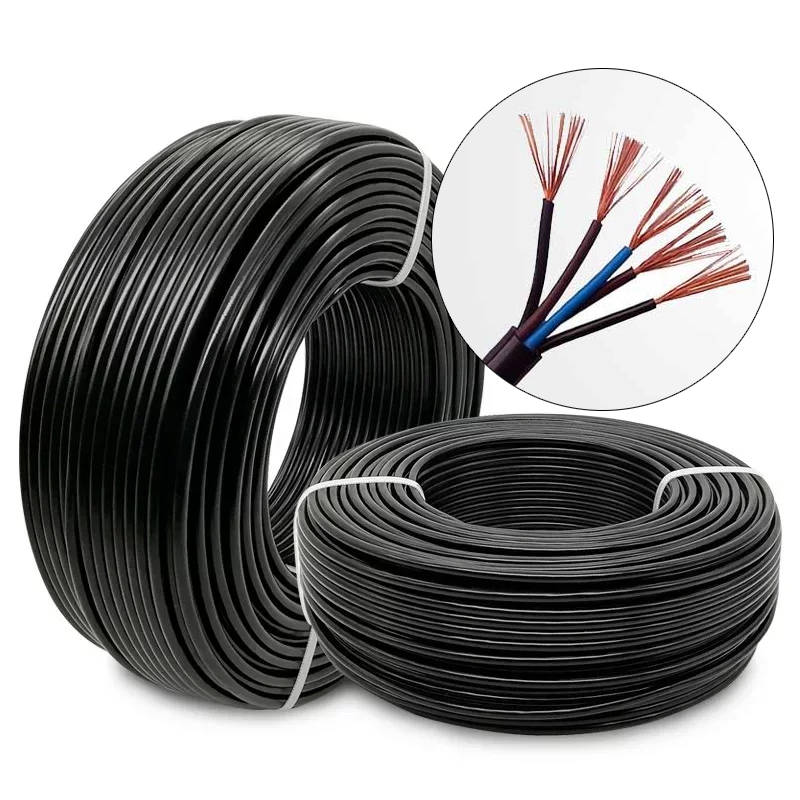
best dc wire 4 sq mm
The Best DC Wire for 4 SQ MM - A Comprehensive Guide
When it comes to electrical installations, particularly in DC (Direct Current) applications, choosing the right wire is crucial for ensuring efficiency, safety, and reliability. This article delves into the best DC wire options for 4 square millimeters (4 SQ MM), discussing the types of wires available, their applications, and the factors to consider when selecting one for your project.
Understanding 4 SQ MM Wire
A wire with a cross-sectional area of 4 square millimeters is commonly used in various electrical installations. It strikes a balance between conductivity and flexibility, making it suitable for several applications like automotive wiring, solar power systems, and low-voltage installations. The wire's capacity for current transmission makes it ideal for carrying moderate loads without significant voltage drop.
Types of DC Wire
1. Copper Wire Copper is one of the most popular materials for electrical wiring due to its excellent conductivity and flexibility. Copper wires in 4 SQ MM are widely used in DC applications for their ability to handle current effectively while providing low resistance. However, they can be more expensive than their aluminum counterparts.
2. Aluminum Wire Aluminum is lighter and less expensive than copper, making it a suitable option for certain applications. However, it has lower conductivity than copper, which means a larger diameter may be required to carry the same current. Aluminum wires are commonly used in larger installations, such as power distribution networks, but may require additional considerations like anti-oxidation measures at the connections to ensure reliability.
3. Multi-Stranded Wire For applications where flexibility is essential, multi-stranded copper wire is an excellent choice. It features multiple smaller strands twisted together, which allows for easier bending and feeding through tight spaces. This type of wire is particularly useful in automotive or portable equipment, where the wire may need to flex frequently.
Applications of 4 SQ MM DC Wire
4 SQ MM DC wires are versatile and can be employed in various settings, including
- Solar Power Systems With the growth of renewable energy, 4 SQ MM DC wires are commonly used to connect solar panels to inverters and batteries, ensuring efficient energy transmission
.best dc wire 4 sq mm

- Automotive Wiring This size of wire is often used in automotive applications, such as connecting batteries to starters or other electrical components in vehicles.
- Low-Voltage Lighting For low-voltage lighting systems, 4 SQ MM DC wire can safely carry current while minimizing power loss, making it a favorite for installations requiring efficient energy use.
Factors to Consider When Choosing DC Wire
1. Current Rating Ensure your selected 4 SQ MM wire can handle the expected load without overheating. For instance, a copper 4 SQ MM wire can typically handle up to 40-50 amps, depending on the installation environment.
2. Insulation Type The insulation material affects the wire's durability, thermal resistance, and moisture protection. Common materials include PVC, XLPE, and rubber, each suitable for different environments. Selecting the right insulation type helps prevent short circuits and electrical failures.
3. Environmental Conditions If the wiring is exposed to harsh conditions, such as high temperatures, moisture, or chemicals, it's essential to choose a wire designed to withstand those environmental challenges.
4. Regulatory Compliance Ensure that the wire meets the relevant electrical standards and regulations in your area. Compliance can include factors like flame resistance, environmental impact, and safety certifications.
5. Cost and Availability Finally, consider your budget and the availability of the wire. While copper wires offer the best conductivity, aluminum can be a more cost-effective choice in larger installations.
Conclusion
Selecting the best 4 SQ MM DC wire is crucial for ensuring the performance and safety of your electrical systems. By understanding the types of wires available, their applications, and the critical factors to consider, you can make a well-informed decision that meets your project's specific needs. Whether you choose copper for its conductivity or aluminum for its cost-effectiveness, ensure that your choice aligns with the requirements and standards of your installation.
-
Reliable LIYCY Cable Solutions for Low and Medium Voltage ApplicationsNewsJul.14,2025
-
Premium Overhead Electrical Wire Solutions for Low and Medium Voltage ApplicationsNewsJul.14,2025
-
Innovative XLPE Electrical Cable Solutions for Modern Low and Medium Voltage NetworksNewsJul.14,2025
-
High-Quality Ethylene Propylene Rubber Cable – Durable EPDM Cable & 1.5 mm 3 Core OptionsNewsJul.14,2025
-
Exploring the Versatility of H1Z2Z2-K 1X4mm2 Cables in Modern ApplicationsNewsJul.14,2025
-
Uses of Construction WiresNewsJul.14,2025
-
Types of Neoprene CableNewsJul.14,2025














